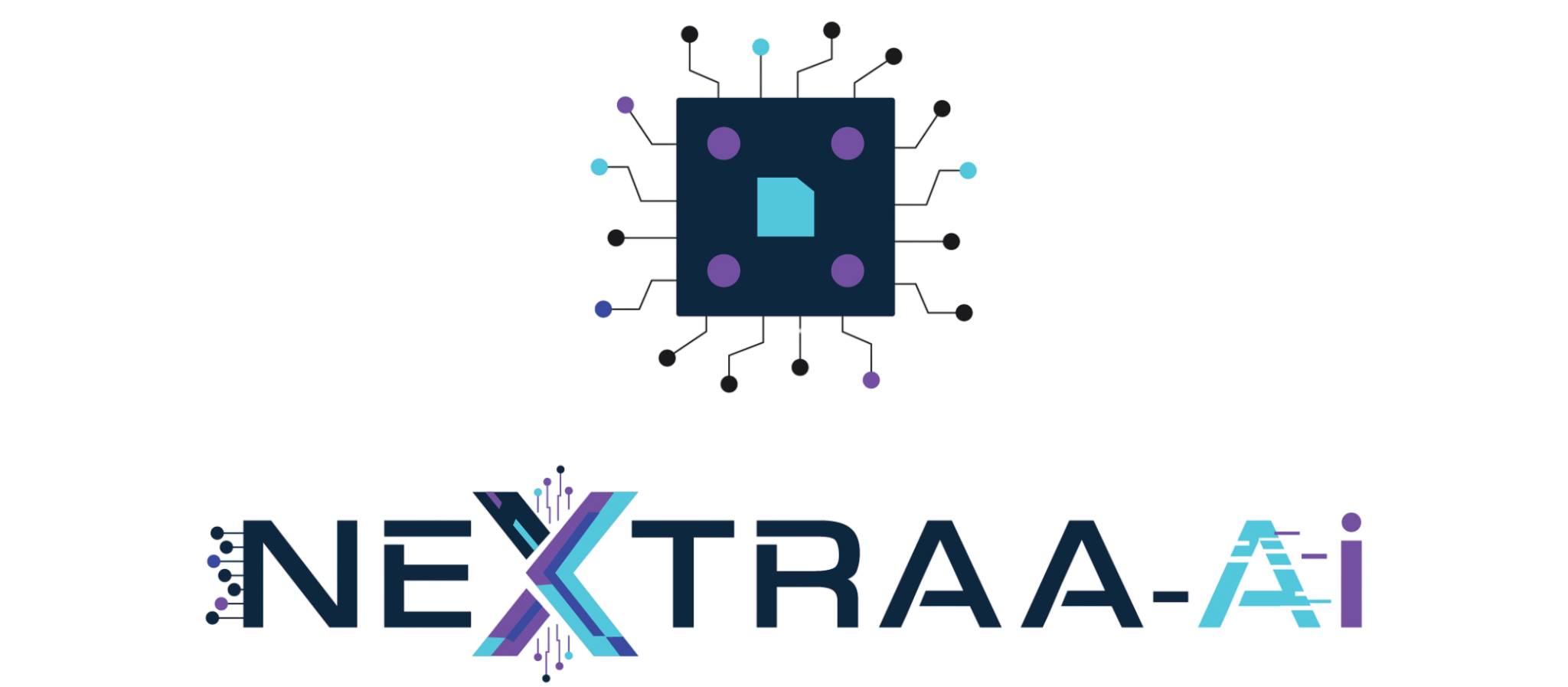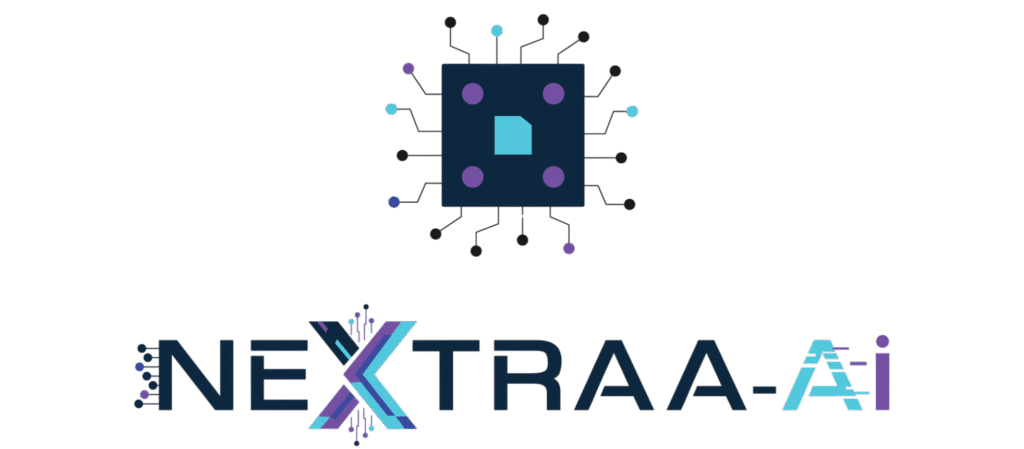
Artificial intelligence is no longer just a futuristic idea. It has become a practical tool that is changing how businesses connect with customers. From personalized shopping recommendations to creative ad campaigns, AI marketing campaigns are helping brands stand out in crowded markets. There are many Ai Marketing companies who offer services according to the choice and need which must be a must try thing
In this article, we will explore what AI marketing campaigns are, look at real-world examples from top brands, and highlight the lessons businesses can learn from them.
What Is an AI Marketing Campaign?
An AI marketing campaign uses artificial intelligence to design, deliver, or optimize a brand’s marketing strategy. Instead of relying only on human ideas and manual research, AI tools analyze data, predict customer behavior, and even create content. This allows brands to deliver more personalized, engaging, and efficient campaigns.
AI can support various parts of marketing including content creation, customer service, product recommendations, and ad targeting. For many brands, the main advantage of AI is its ability to scale personalization and creativity while saving time and costs. Companies often work with experienced digital marketing companies to integrate AI-driven strategies effectively and maximize results.
AI Marketing Campaigns That Worked (Top Brand Examples)
1. Heinz: AI-Generated Ketchup Creativity
Heinz launched a campaign asking AI to create images of ketchup. Interestingly, most results looked like Heinz bottles, proving the brand’s strong recognition. The campaign generated massive online buzz and reinforced Heinz as the go-to ketchup in consumers’ minds.
2. Coca-Cola: “Create Real Magic” Campaign
Coca-Cola invited fans to design digital artwork using AI tools such as DALL·E and ChatGPT. The best creations were featured on billboards across major cities. This campaign not only celebrated creativity but also showed how AI can bring brands and consumers closer together through interactive experiences.
3. Nike: AI-Powered Style Recommendations
Nike used AI to recommend products based on customer data, preferences, and browsing habits. This personalization made online shopping easier and more relevant, leading to higher customer satisfaction and increased sales.
4. Sephora: Virtual Artist Experience
Sephora introduced its Virtual Artist, an AI tool that allows customers to try makeup products digitally before purchasing. By offering a fun and convenient shopping experience, Sephora boosted engagement and positioned itself as a leader in beauty tech.
5. Spotify: AI-Curated Wrapped Campaign
Spotify’s famous Wrapped campaign uses AI to analyze user listening habits throughout the year and turn them into personalized summaries. This not only excites users but also encourages them to share their results on social media, giving Spotify massive organic reach every year.
6. BMW: AI-Driven Interactive Billboards
BMW created billboards that changed messages based on traffic conditions and the type of cars on the road. By using real-time data, BMW made advertising more engaging and showed how AI can turn traditional marketing into something interactive and dynamic.
7. Nutella: AI-Designed “Unica” Packaging
Nutella used AI to design millions of unique packaging patterns for its jars. Each customer could purchase a one-of-a-kind design, making the product more personal and collectible. This campaign highlighted how AI can bring mass customization to physical products.
Why AI Marketing Campaigns Are Transforming Brand Strategies
AI marketing campaigns are powerful because they combine creativity with data-driven insights. Traditional marketing often struggles to deliver personalization at scale. With AI, brands can analyze millions of interactions, predict what customers want, and deliver tailored content instantly.
AI also helps brands experiment with new forms of storytelling. From generating images to curating playlists, AI marketing opens doors to creative ideas that would be difficult or time-consuming for humans to produce alone. As a result, companies that embrace AI can stay ahead of competitors and engage customers in fresh ways.
Key Lessons from Successful AI Marketing Campaigns
The top brand examples above highlight some important lessons for businesses considering AI marketing campaigns:
- Leverage brand identity: Heinz showed that even AI recognizes strong branding. Consistency pays off.
- Encourage participation: Coca-Cola and Spotify proved that inviting users to be part of the campaign increases engagement.
- Focus on personalization: Nike and Sephora demonstrated that customers value recommendations and experiences tailored to their preferences.
- Use real-time data: BMW’s billboard campaign showed how instant insights can make marketing more relevant.
- Experiment with creativity: Nutella’s unique packaging illustrated how AI can push creative boundaries.
Final Thoughts
AI marketing campaigns are more than just trends. They are reshaping how brands connect with audiences by blending personalization, creativity, and technology. From ketchup labels to music playlists, AI is helping companies create memorable experiences that capture attention and build loyalty.
For businesses, the lesson is clear: adopting AI in marketing is no longer optional. It is a strategy that can deliver measurable results while keeping brands ahead of the curve. The future of marketing belongs to those willing to explore, experiment, and embrace the power of AI.




